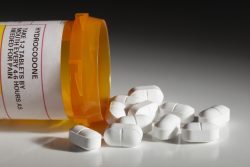By comparing 2022 and 2024 hourly compensation data from the Urgent Care Association (UCA) Clinician Compensation Benchmarking Report, data shows that there has been a 15% increase in nurse practitioner (NP) and physician assistant (PA) pay. Meanwhile, there was an average 19% increase in physician (MD and DO) pay.1 In 2024, the median reported hourly base compensation (excluding bonuses and incentives) showed an increase compared to 2022 rates across all clinician types. This rise likely …
Read More




